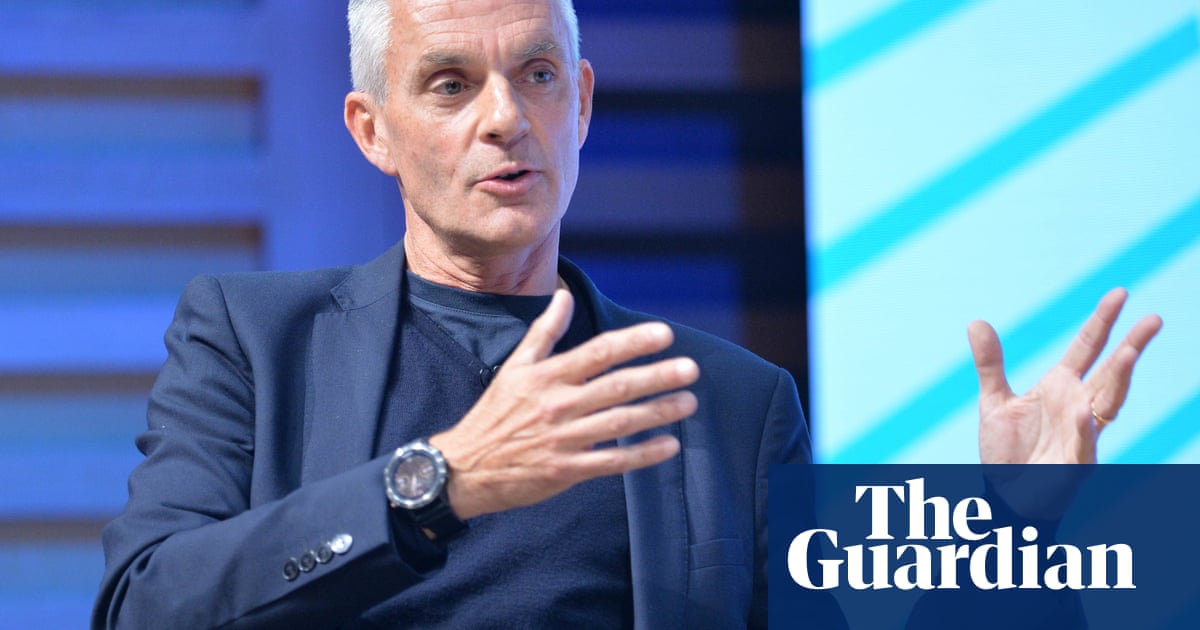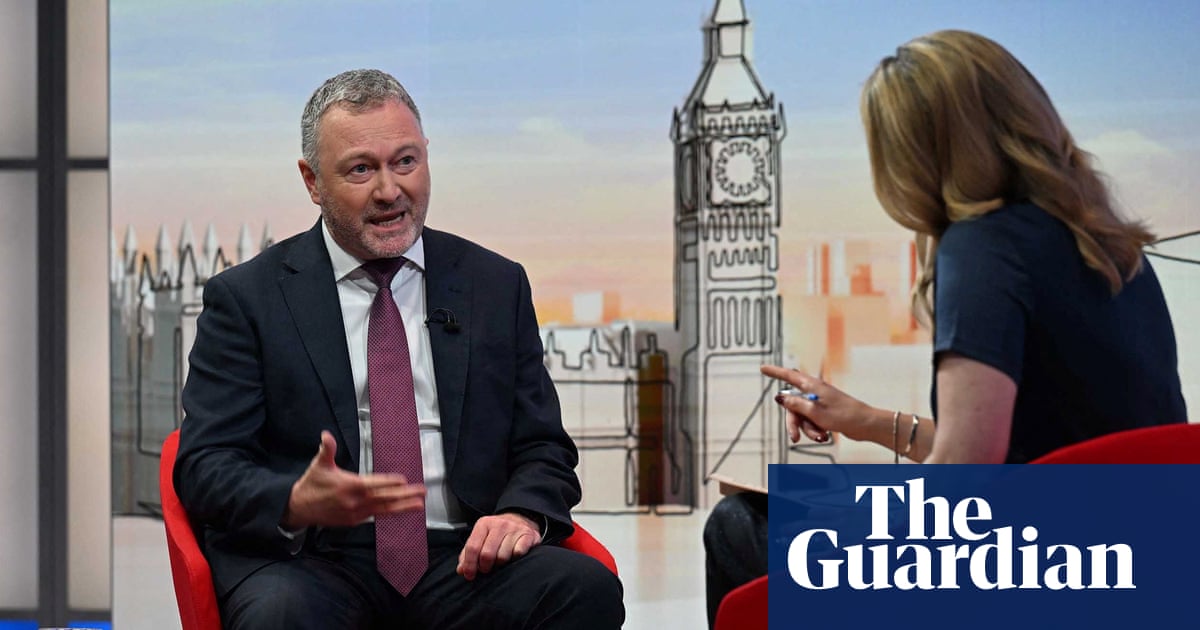T4K3.news
BBC plans to reform licence fee as households stop paying
The BBC is reviewing its funding model after 300,000 more households ceased paying the licence fee.

The BBC faces financial pressure as more households stop paying the licence fee.
BBC seeks changes to licence fee as viewership declines
As 300,000 more households stopped paying the licence fee, the BBC announced plans to review its funding model. The annual report showed that the number of active licences dropped to 23.8 million, resulting in a revenue loss of about £50 million. With rising competition from streaming services like YouTube, the BBC is under pressure to rethink its approach. Discussions over the future of the BBC and its funding come as the government seeks to renew the corporation's charter. BBC executives are committed to maintaining the organisation’s universal service while avoiding a subscription or advertising-based model. Despite a slight increase in licence fee income due to inflation, the BBC acknowledges that significant changes are needed to secure its long-term future.
Key Takeaways
"The fight is on, and it is vital we now think very carefully about the kind of media environment we want for the UK."
Samir Shah emphasizes the need for strategic planning in the evolving media landscape.
"There are still places where powerful individuals can abuse that power to make life unbearable for their colleagues."
This statement by Samir Shah points to ongoing cultural issues within the BBC that need to be addressed.
"Our staff are dedicated, hard-working and treat each other with respect."
Shah's comment reflects an effort to improve workplace culture at the BBC after recent scandals.
The BBC's struggle highlights the ongoing tension between traditional broadcasting and emerging media platforms. As audiences shift their viewing habits, the BBC must adapt without compromising its core mission as a universal service provider. Samir Shah's comments reflect the seriousness of the situation, describing it as a moment of real jeopardy. The decisions made in the coming months will not only affect the BBC's funding but also its role in the broader media landscape of the UK. Without innovation, the BBC risks losing its relevance in an increasingly fragmented market.
Highlights
- The BBC is at a pivotal moment with its funding model.
- Changing audience habits pose a real challenge to the BBC.
- Innovation is key for the BBC's survival in a competitive market.
- How will the BBC adapt to keep its universal service alive?
BBC faces funding challenges amid declining viewership
The decrease in licence fee payers places pressure on the BBC's financial stability, prompting discussions about funding reforms. This situation may lead to public backlash and political scrutiny if not addressed effectively.
The future of the BBC could redefine its role in a changing media environment.
Enjoyed this? Let your friends know!
Related News

Tim Davie stands by leadership amid BBC scandals

Learner drivers face soaring costs for driving tests

Environment secretary expresses anger about water bill increases

Government pledges to reduce sewage pollution

UK government vows no more high water bills for households

Ofwat bosses draw millions in salaries despite sewage crisis

New criteria for BBC licence fee refunds announced

Pension awareness grows amid rising retirement concerns
